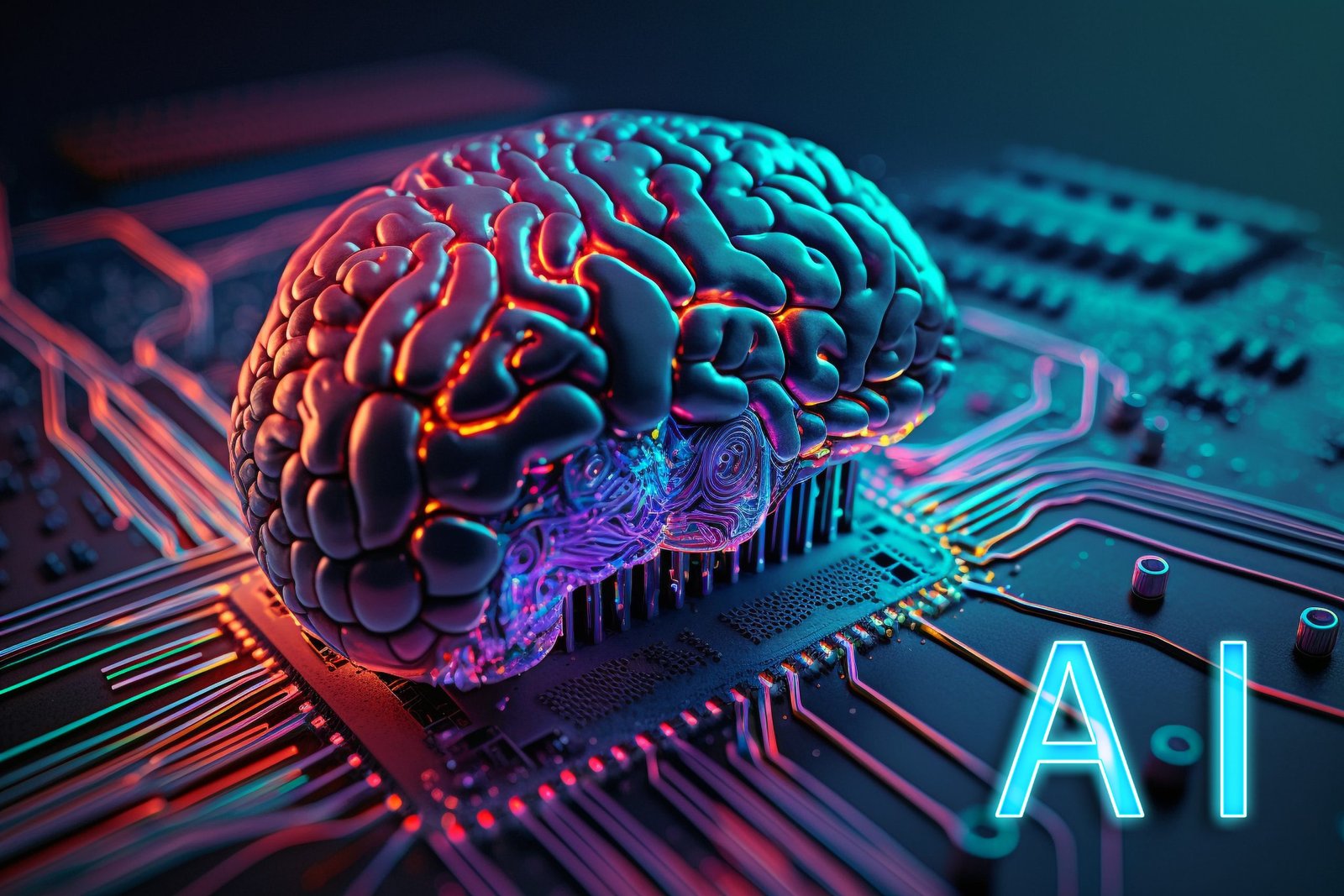Introduction
Artificial Intelligence (AI) has been making remarkable advancements in recent years, transforming various industries and revolutionizing the way we work. While AI brings numerous benefits and opportunities, it also poses challenges to certain job sectors. In this blog, we will explore five jobs that are likely to be eliminated or significantly impacted by the rise of AI.
- Data Entry and Administrative Roles
Data entry and administrative roles have long been associated with repetitive and mundane tasks. With the advent of AI, machines equipped with natural language processing capabilities can analyze and extract information from various sources much faster and with greater accuracy than humans. Advanced algorithms can now handle routine tasks such as data entry, document sorting, and report generation, reducing the need for human involvement. As a result, the demand for traditional data entry and administrative roles is expected to decline significantly.
- Customer Service Representatives
AI-powered chatbots and virtual assistants are becoming increasingly sophisticated, capable of handling complex customer queries and providing personalized assistance. These intelligent systems utilize natural language understanding and machine learning algorithms to interact with customers, resolve common issues, and even offer product recommendations. As AI continues to evolve, the need for human customer service representatives is likely to decrease, especially for routine inquiries. However, it’s important to note that human touch and empathy will remain essential for handling complex or sensitive customer interactions.
- Manufacturing and Assembly Line Workers
Automation has long been a part of the manufacturing industry, with robots and machines performing repetitive tasks with precision and speed. As AI technology advances, robots are becoming more intelligent, flexible, and capable of adapting to changing production requirements. AI-driven machines can analyze vast amounts of data, optimize workflows, and work collaboratively with human workers. As a result, traditional assembly line jobs may be replaced by advanced robotic systems, resulting in a decline in employment opportunities for manual laborers.
- Drivers and Delivery Personnel
The rise of autonomous vehicles and drones is set to transform the transportation and delivery sector. AI-powered self-driving cars and trucks have the potential to improve road safety, reduce traffic congestion, and enhance transportation efficiency. With advancements in AI perception, decision-making, and navigation systems, the need for human drivers could diminish in the coming years. Similarly, drones equipped with AI algorithms are being explored for last-mile delivery, potentially replacing some delivery personnel. However, the transition to autonomous vehicles will require new job roles related to monitoring, maintenance, and management of the AI-driven systems.
- Financial Analysts and Stock Traders
AI algorithms have shown remarkable capabilities in analyzing large volumes of financial data, identifying patterns, and making investment predictions. Machine learning algorithms can quickly process vast amounts of financial information, news articles, and market trends to make informed trading decisions. As AI continues to improve its analytical abilities, some routine financial analysis and stock trading roles may be replaced by automated systems. However, human expertise will still be essential for complex investment strategies, risk assessment, and decision-making based on non-quantitative factors.
Conclusion
As AI technology continues to advance, it is inevitable that some job roles will be automated or significantly impacted. While this may lead to job displacement in certain sectors, it also opens up opportunities for new jobs that leverage AI technology. It is crucial for individuals and organizations to adapt to this changing landscape by acquiring new skills, embracing technological advancements, and exploring emerging fields that require human creativity, critical thinking, and emotional intelligence. By understanding the potential impact of AI on different job sectors, we can better prepare for the future of work and foster a harmonious collaboration between humans and machines.

